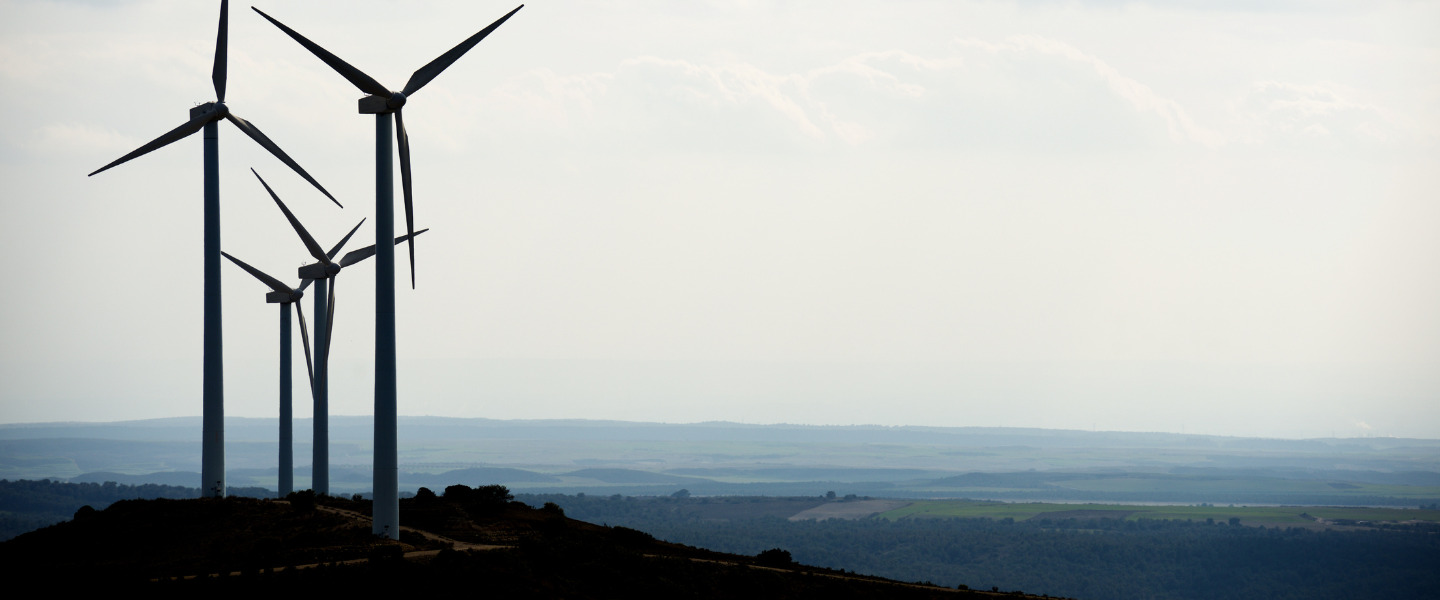
PRESS RELEASE - 12 November 2022
Launch of the “Responsible critical minerals sector” initiative
Paris, 12 November 2022
At the 5th edition of the Paris Peace Forum, actors from all over the world launched the "Acting Together for a Responsible Critical Minerals Sector" initiative to enable the energy transition and achieve net zero. International organizations, companies and business alliances, NGOs, foundations and high-level dignitaries agreed on the need to remove obstacles to collaboration to ensure sustainable access to and use of critical minerals. This will be done through concrete commitments to address existing and upcoming geopolitical, ecological and social concerns about the value chains of these key minerals.
With the energy transition boom, the supply of critical minerals has never been so crucial. The International Energy Agency (IEA) estimates that by 2040, in a scenario that meets the Paris Agreement goals, total demand will increase significantly – by 40% for copper and rare earth elements, 60-70% for nickel and cobalt, and almost 90% for lithium. These minerals are critical to the development of renewable energies, electric cars, and battery storage – all essential to achieve net zero.
However, competition for these key minerals concentrated in few locations has intensified, leading to a risk of tensions exacerbated by recent crises. All stakeholders across the critical minerals supply value chains (producers, consumers, political bodies, etc.), in both consuming and producing countries, will be increasingly impacted by these tensions. This is why the Paris Peace Forum, together with signatories, is launching a new initiative to take critical minerals governance a step further.
We are happy and honored to collaborate with critical minerals stakeholders around the globe to foster international, multi-actor collaboration to address existing and upcoming geopolitical, ecological, and social concerns around these minerals supply chains – from extraction to processing, reuse, and recycling – and remove obstacles to collaboration across sectors, types of actors and continents, working closely with those in producing countries on responsible production of and shared benefits from these minerals.
Many stakeholders (see below) are today paving the way to ensure the ecological transition is possible. We hope to see many others join us in this task.
Signatories of the call to action (the endorsements are individual):
Some quotes:
Rohitesh Dhawan, President and CEO, International Council on Mining and Metals (ICMM):
“Critical minerals are the backbone of the energy transition, but how we source and produce them is just as important as how much we need. We are walking on a tightrope between an exponential increase in demand for these minerals, rising geopolitical tensions and urgent action on global issues such as climate change – making the Paris Peace Forum’s call to action very timely.”
Bennett Freeman, Advisory Board Chair, Conflict Risk Network & former Deputy Assistant Secretary of State for Democracy, Human Rights and Labor:
“This Call to Action puts forward an urgent challenge to the international community – to States, civil society and business – to demonstrate responsibility and sustainability in the rapid development of critical minerals. Let us forge a new multi-stakeholder governance model that protects the environment, respects human rights, and diminishes rather than exacerbates conflict.”
Angel Gurria, economist and diplomat:
“In a time of ecological transition, it is necessary to have a responsible supply of critical minerals. We cannot achieve this without the joint work of all stakeholders of global governance. This Call to Action will take critical minerals governance a step further.”
Ilham Kadri, CEO, Solvay & Chairman, World Business Council for Sustainable Development (WBCSD):
“To support future growth and sustainable development, we need to act now to set the right standards for responsible sourcing of these critical raw materials - this means respecting ESG standards as well as building the right technological and regulatory conditions that allow for building a circular value chain to re-source, re-use and re-cycle these materials.”
Pascal Lamy, President, Paris Peace Forum (PPF):
“Since its creation, the Paris Peace Forum has been developing multi-actor initiatives to address global challenges. It is necessary today to collectively address the tensions and break silos around the critical minerals value chains, which are essential to achieve net zero.”
Balbine Pascaline Makani Omgba, President, Women in Mining (WIM) – Africa:
"Facilitating access to opportunities in the critical minerals value chain"
Shunichi Miyanaga, Chairman of the Board, Mitsubishi Heavy Industries, Ltd.:
“We must recognize where the material is produced and how it is extracted. Our technologies will enable us to use less, but the challenge will never go away.”
Philippe Varin, President, World Materials Forum (WMF) & Vice President of the International Chamber of Commerce:
“In the next 30 years, we will extract from the planet as much materials as since the beginning of humanity. Our environmental transition will require key minerals located in a few countries, notably in the Global South. New and inclusive models of cooperation based on responsible operations, for mining and downstream supply chains, are a must for avoiding disruptions and unlocking finance for the huge investments needed. This is the reason of the Call to Action.”